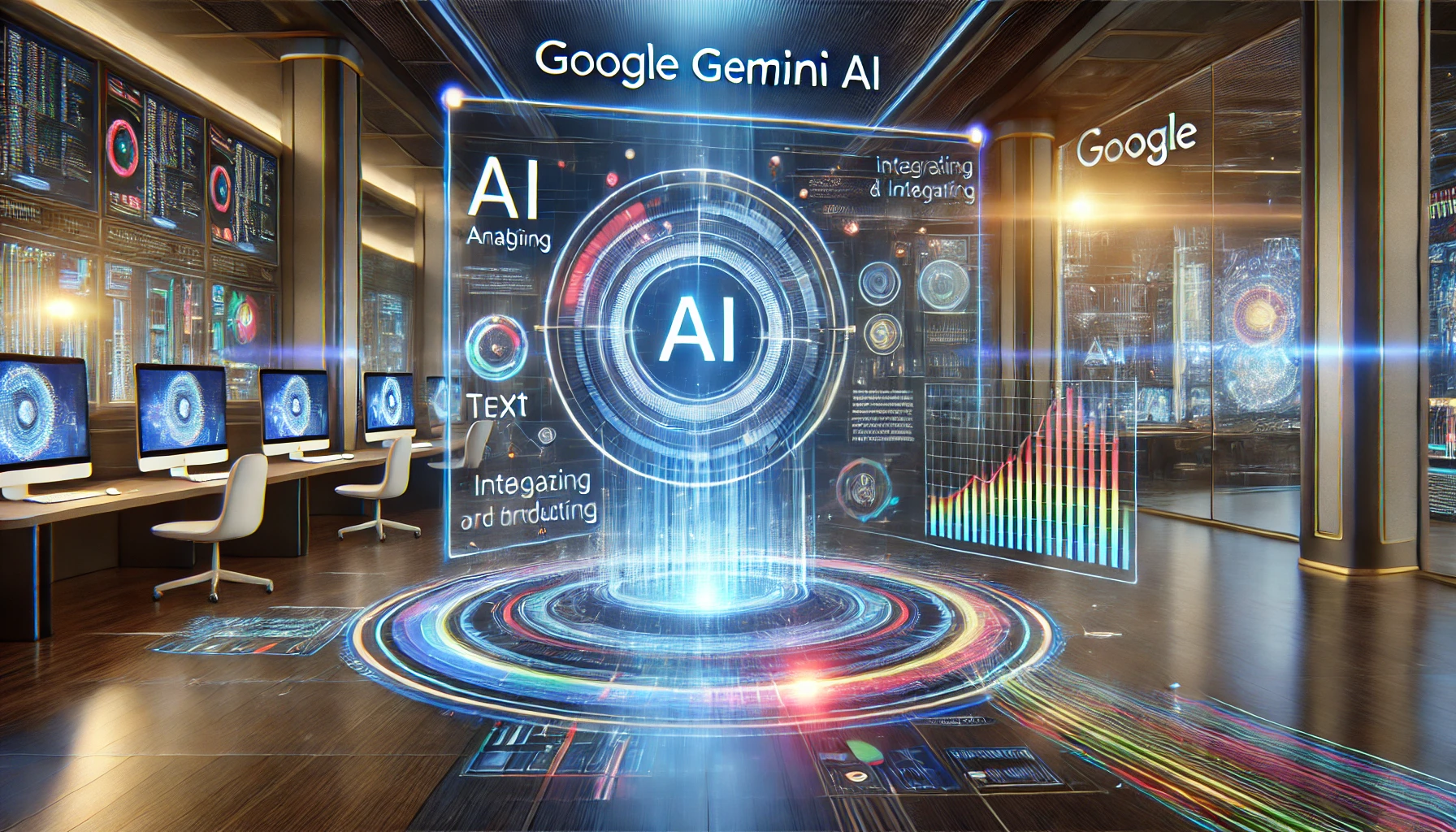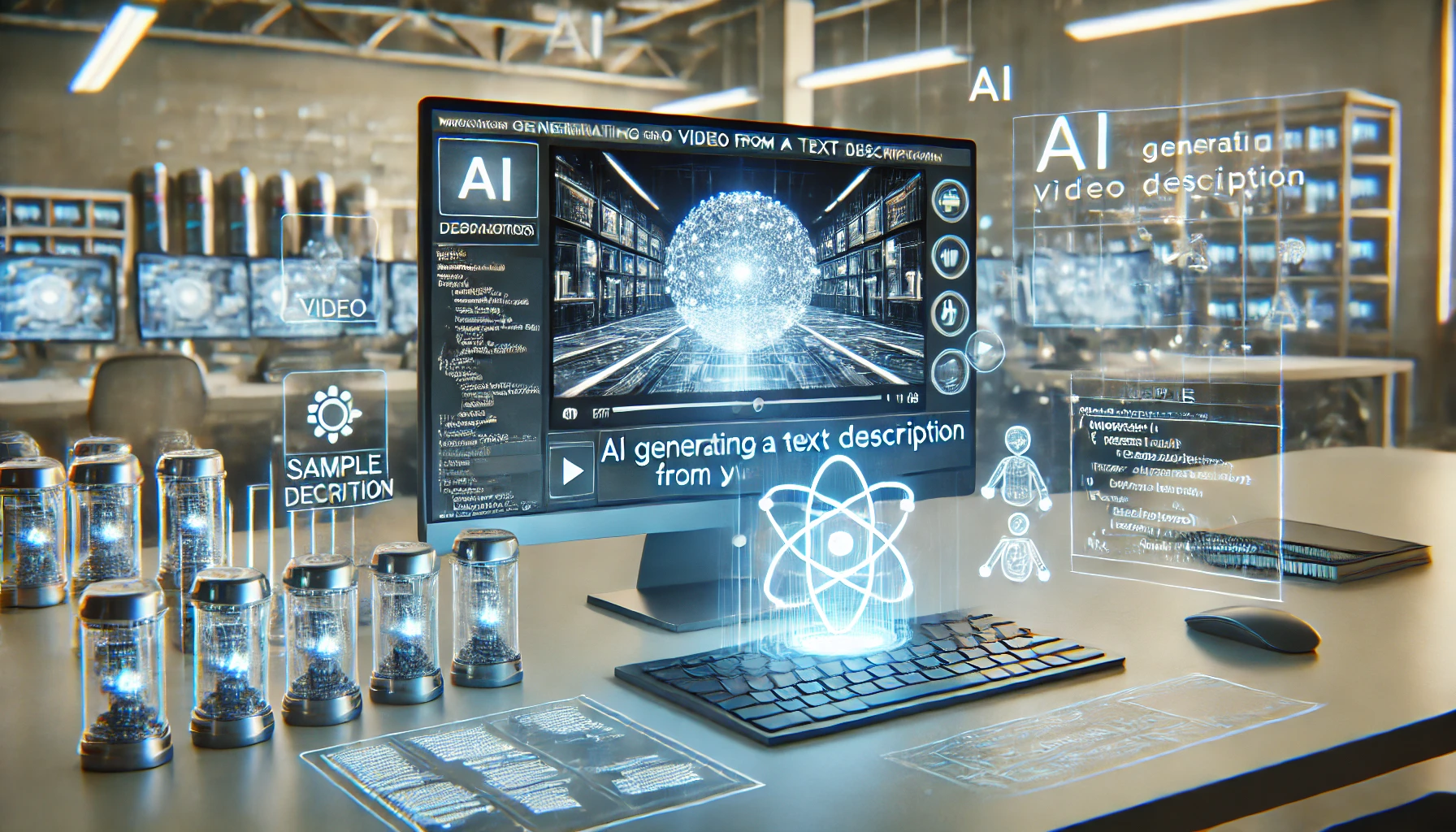
AI is transforming the cybersecurity landscape, offering both opportunities and challenges for businesses and security professionals. AI can help detect and prevent cyberattacks, analyze large volumes of data, automate tasks, and enhance security solutions. However, AI can also be used by malicious actors to create and launch sophisticated attacks, exploit vulnerabilities, and evade detection. Therefore, it is essential to understand the benefits and risks of AI integration in cybersecurity and adopt robust measures to ensure its safe and ethical use.
Some of the opportunities of AI integration in cybersecurity are:
- AI can help identify patterns and anomalies in network traffic, user behavior, and system logs, enabling faster and more accurate detection of cyber threats. AI can also learn from previous incidents and improve its performance over time.
- AI can help automate tasks such as vulnerability scanning, patch management, incident response, and threat intelligence, reducing the workload and human error of security teams. AI can also provide recommendations and insights to support decision making and optimize security strategies.
- AI can help enhance security solutions such as antivirus, firewall, encryption, authentication, and biometrics, making them more adaptive and resilient to changing threats. AI can also enable new security capabilities such as facial recognition, voice analysis, and natural language processing.
Some of the challenges of AI integration in cybersecurity are:
- AI can lack transparency and explainability, making it difficult to understand how it works and why it makes certain decisions. This can lead to trust issues, accountability problems, and legal implications.
- AI can create over-reliance on technology, making users complacent and unaware of potential risks. This can reduce human oversight, critical thinking, and situational awareness.
- AI can introduce bias and discrimination, affecting the fairness and accuracy of its outcomes. This can result from flawed data, algorithms, or objectives that reflect human prejudices or preferences.
- AI can be vulnerable to attacks, such as data poisoning, model tampering, adversarial examples, or backdoors. These attacks can compromise the integrity, confidentiality, or availability of AI systems or data.
- AI can pose privacy and ethical concerns, such as data collection, storage, sharing, or usage without consent or awareness. This can infringe on the rights and interests of individuals or groups.
To address these challenges, some possible measures are:
- Developing standards and guidelines for the design, development, deployment, and evaluation of AI systems in cybersecurity.
- Implementing best practices for data quality, security, governance, and ethics.
- Conducting regular audits and assessments of AI systems to ensure their compliance, performance, and reliability.
- Educating and training users and stakeholders on the benefits and risks of AI in cybersecurity.
- Establishing clear roles and responsibilities for human oversight and intervention in AI systems.
Summary:
AI integration in cybersecurity offers both opportunities and challenges for businesses and security professionals. AI can help detect and prevent cyberattacks, analyze large volumes of data, automate tasks, and enhance security solutions. However, AI can also be used by malicious actors to create and launch sophisticated attacks, exploit vulnerabilities, and evade detection. Therefore, it is essential to understand the benefits and risks of AI integration in cybersecurity and adopt robust measures to ensure its safe and ethical use.





